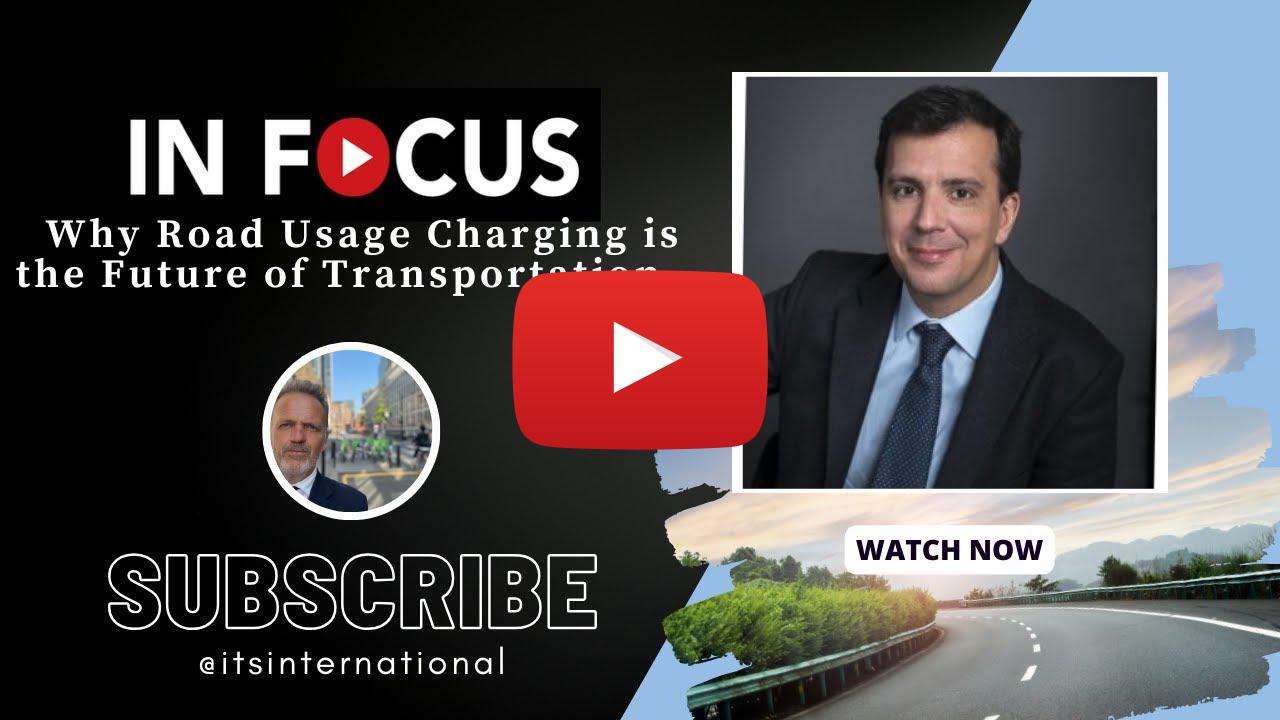emovis will implement a cloud hosted back office and provide on-board diagnostic system unit (OBD-II) and app technology to record road users’ mileage and collect their RUC. For some users, this will involve collection of real charges in a complete end to end road charging chain.
The pilot will use various technologies to record and explore anomalies in mileage reporting. It will also elicit feedback from drivers of electric vehicles (EVs), who currently must pay an additional annual registration fee in Washington.
One of the key objectives of this program is to test interoperability of multi-jurisdictional charging including drivers from Oregon’s OReGO program, and volunteers from Canada and Idaho. The City of Surrey, British Columbia, Canada has agreed to partner in the pilot. This portion of the pilot will test international interoperability, including foreign currency exchange rates.
At least 50 drivers from Surrey, British Columbia and the surrounding Greater Vancouver area will participate, with the maximum number of participants being 200.
Washington road usage charge project selects emovis
Washington State Transportation Commission (WSTC) has selected French toll services specialist emovis to provide services in the state road usage charge (RUC) Pilot Project. emovis will implement a cloud hosted back office and provide on-board diagnostic system unit (OBD-II) and app technology to record road users’ mileage and collect their RUC. For some users, this will involve collection of real charges in a complete end to end road charging chain. The pilot will use various technologies to record and exp
July 31, 2017
Read time: 2 mins
Washington State Transportation Commission (WSTC) has selected French toll services specialist 8573 emovis to provide services in the state road usage charge (RUC) Pilot Project.









